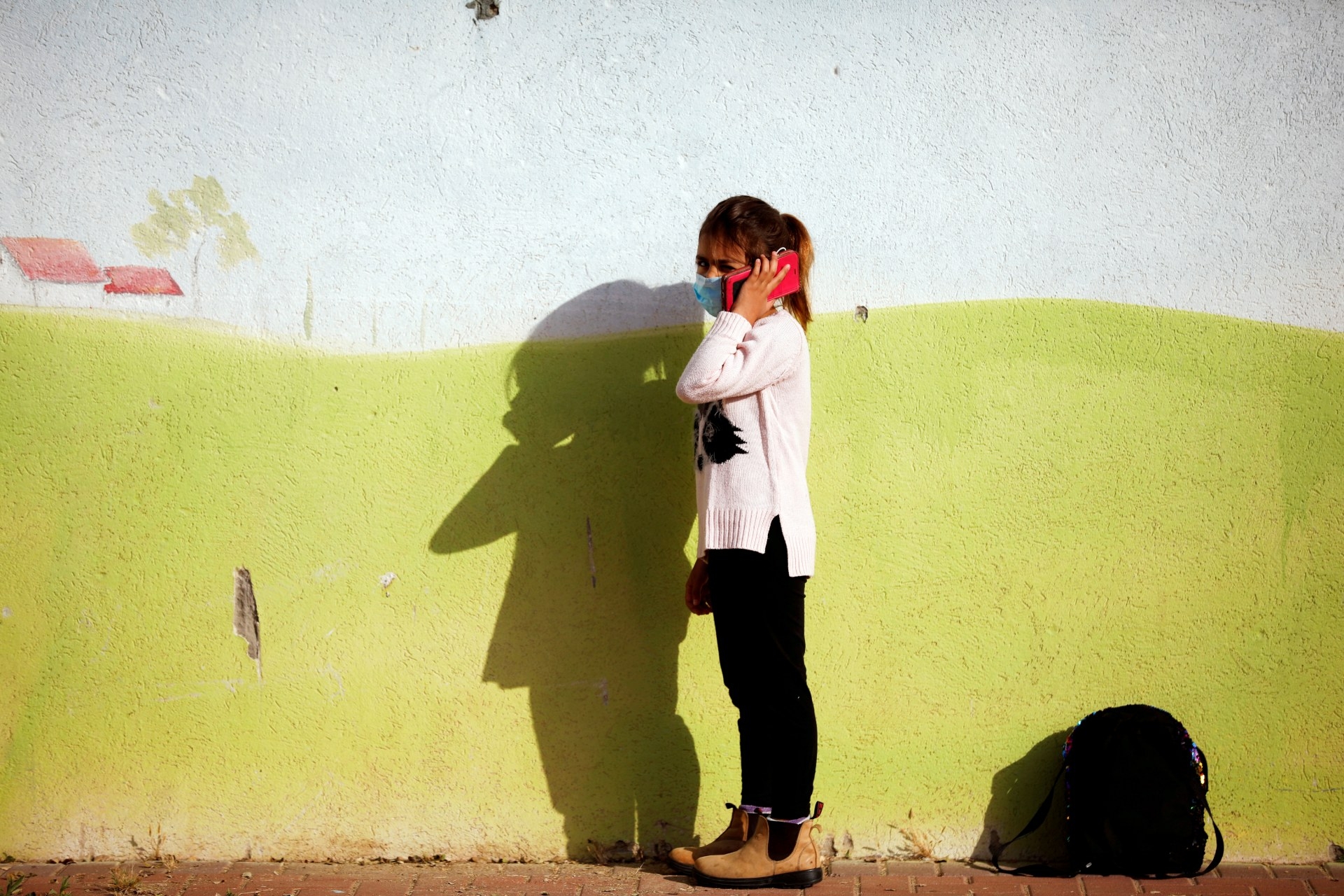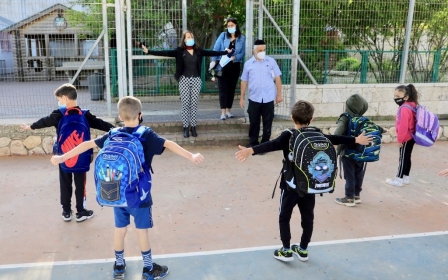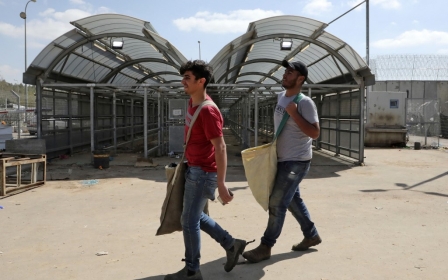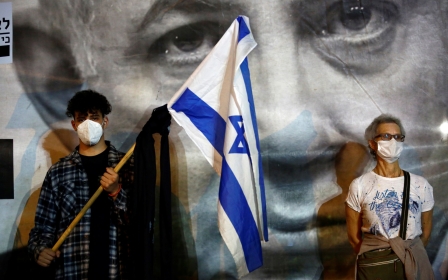Coronavirus: Israel approves extension of Shin Bet surveillance powers

Israel’s parliament on Tuesday extended for three weeks the Shin Bet domestic intelligence service’s controversial powers to track people ill with coronavirus.
The use of surveillance to track Israelis has become a hot topic in the country, where such invasive measures are usually reserved for Palestinians.
Last month, the High Court placed a 30 April limit on the powers unless they were cemented into law, with the government allowed to request extensions from Israel’s parliament, the Knesset.
The government had sought an extension of six weeks, though the secret service subcommittee ultimately settled for a deadline of 26 May.
“I see this as the right balance between not using this tool for the entire period and ensuring there is a legislative process,” Gaby Ashkenazi, subcommittee chair and Blue and White MP, said of the decision.
New MEE newsletter: Jerusalem Dispatch
Sign up to get the latest insights and analysis on Israel-Palestine, alongside Turkey Unpacked and other MEE newsletters
Legislation is set to be drafted by the government by 18 May.
Questions have been raised over why the Shin Bet needs such powers to track citizens when Israel appears to be over the worst of the coronavirus outbreak, and is beginning to open up.
Israel has allowed its domestic intelligence service the most invasive surveillance measures in the Middle East and the West to contain the spread of Covid-19.
Using digital data such as mobile phone location and credit card purchases, the tracking seeks to identify and alert people who have been in close contact with someone suffering from coronavirus. They are then ordered into quarantine.
Sigal Sadetsky, head of public health services, argued to the subcommittee that tracing was particularly important as Israelis began to leave their homes and resume working life.
National Security Advisor Meir Ben-Shabbat echoed those sentiments, saying “the potential for contagion has actually risen” despite declining cases.
According to data Sadetsky and Deputy Attorney-General Raz Nizri presented, 5,516 of the 16,000 people identified with coronavirus had been found through tracing. Of those, 3,835 were located by the Shin Bet.
Seven percent of people who were warned they had come into contact with an infected person were subsequently found to have the coronavirus, they said.
However government critics Yair Lapid and Moshe Yaalon, of the Yesh Atid-Telem party, and Yisrael Beiteinu's Eli Avidar, voted against the extension arguing the powers invaded people’s privacy.
“If the Shin Bet could monitor the speed of all cars, does that justify tracking all the drivers?” Lapid asked.
This article is available in French on Middle East Eye French edition.
Middle East Eye delivers independent and unrivalled coverage and analysis of the Middle East, North Africa and beyond. To learn more about republishing this content and the associated fees, please fill out this form. More about MEE can be found here.





